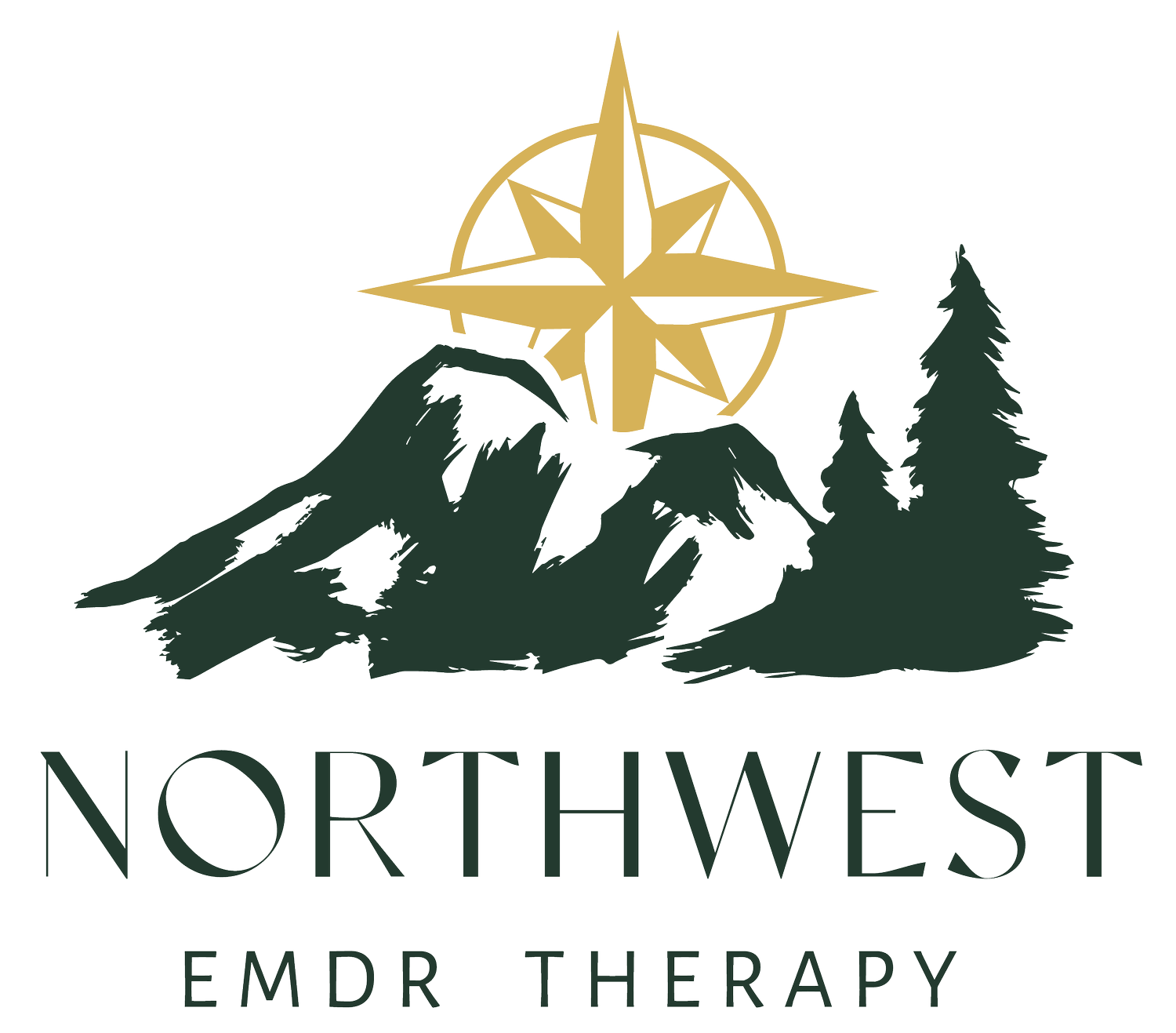Military Trauma: Navigating Through Unseen Wounds
The scars left by military trauma often lurk beneath the surface, unobservable yet profoundly impactful. Military personnel and veterans carry not only the physical burdens acquired through their dedicated service but also psychological and emotional weights that persistently shadow their lives. The challenge that military trauma introduces extends beyond the individual, permeating their personal relationships, professional endeavors, and day-to-day functionalities. Understanding the depth and ramifications of military trauma is the initial step toward creating supportive environments and developing effective mechanisms to facilitate healing and recovery.

What is Military Trauma?
Military trauma refers to the psychological and emotional stress that arises from experiences encountered during military service. This form of trauma may manifest due to various situations, such as engaging in combat, witnessing death or severe injuries, being subjected to intense training and discipline, or navigating through the perpetual uncertainty and threat that characterizes zones of conflict.
Military trauma isn’t exclusive to combat experiences. It encompasses a wide range of scenarios and events that can induce stress, fear, and anxiety among service members, potentially culminating in mental health conditions like Post-traumatic Stress Disorder (PTSD), anxiety disorders, and depression.
The manifestations of military trauma can be subtle, sometimes surfacing months or even years after the triggering events. Individuals might experience flashbacks, nightmares, emotional numbness, irritability, or find themselves in a constant state of high alert, perpetually bracing for potential threats even in non-threatening environments.



What is Military Sexual Trauma?
Military Sexual Trauma (MST) stands as a particularly pernicious subset of military trauma, originating from experiences of sexual assault or repeated, threatening sexual harassment encountered during military service. This form of trauma is not bound by gender or rank – it permeates all levels, impacting service members diversely and profoundly. MST is often characterized by feelings of powerlessness, fear, isolation, and betrayal, especially when the perpetrator is a fellow service member.
The manifestation of MST might translate into physical symptoms such as sleep disturbances, chronic pain, and gastrointestinal issues, as well as psychological distress, which may embody depression, anxiety, and PTSD. Navigating through the aftermath of MST requires a supportive and understanding environment, where survivors feel seen, heard, and believed. Addressing MST is crucial, not only for the healing of the individuals directly impacted but also for fostering a culture within the military that is unequivocally intolerant of sexual harassment and assault.
Military Trauma Symptoms
The fallout from military trauma can permeate the everyday lives of those affected, casting a wide net over physical, emotional, and cognitive functioning. While symptoms can manifest diversely, common indicators include:
- Psychological Symptoms: Persistent anxiety, depression, and nightmares, or reliving traumatic events through intrusive memories or flashbacks.
- Behavioral Changes: Shifts in sleep patterns, escalating irritability, aggression, or isolation from friends and family.
- Physical Symptoms: Unexplained aches and pains, difficulty sleeping, or pronounced startle responses.
- Cognitive Impacts: Challenges with memory and concentration, or experiencing persistent negative beliefs about oneself or the world.
- Emotional Numbness: An inability to experience positive emotions or a feeling of detachment from others.
Recognizing these symptoms is pivotal, not only for the affected individuals but also for their loved ones, enabling them to comprehend the extent and impact of the trauma and thus, facilitating the initial steps toward seeking help and beginning the healing journey.
How Military Trauma Affects Loved Ones
Military trauma does not exist in isolation; its ripple effects permeate the lives of those who are in close relationships with affected individuals. Loved ones may experience:
- Secondary Traumatic Stress: The emotional duress that arises from helping or wanting to help a traumatized individual.
- Alterations in Relationship Dynamics: The trauma can introduce tension, fostering environments characterized by misunderstanding, frustration, and sometimes, conflict.
- Behavioral Changes: Loved ones may modify their behavior to accommodate or avoid triggering the trauma survivor.
- Emotional Burden: Feelings of sadness, anger, or helplessness upon witnessing the struggles of the traumatized individual.
- Social Isolation: Both the person experiencing trauma and their loved ones might isolate themselves from social interactions or activities they once enjoyed.
Understanding that military trauma significantly impacts not only the individuals who directly experienced the traumatic events but also their loved ones, enriches our comprehension of its broad scope and influence. Nurturing a supportive space that recognizes the struggles of both the traumatized individuals and their loved ones can pave the way towards collective healing and coping.



How to Heal from Military Trauma
Embarking on the path to healing from military trauma necessitates a nuanced, multi-faceted approach that encapsulates self-help strategies and professional interventions. It’s imperative to acknowledge that healing is a personal journey, varying in pace and method from one individual to another.
- Initiate Dialogue: Establishing open communication channels with loved ones or trusted individuals can pave the way for understanding and mutual support.
- Engage in Healthy Practices: Incorporating regular exercise, maintaining a balanced diet, and ensuring adequate sleep can underpin emotional and physical well-being.
- Mindfulness and Relaxation Techniques: Exploring practices like meditation, yoga, or deep-breathing exercises can offer mechanisms to manage stress and anxiety.
- Joining Support Groups: Engaging with peers who share similar experiences can provide a sense of community and understanding.
- Seek Professional Help: Engaging with therapists, counselors, or healthcare providers is a pivotal step toward managing and mitigating the impacts of trauma.
It’s essential to emphasize that seeking professional assistance is not a testament to weakness but rather a courageous step towards reclaiming one’s life from the pervasive grasp of trauma.
Military Trauma Therapy:
Explore EMDR and other types of therapy Northwest provides.
Military trauma therapy encapsulates varied approaches, each calibrated to navigate the intricate psychological and emotional landscapes carved out by traumatic experiences.
Eye Movement Desensitization and Reprocessing (EMDR)
EMDR is an evidence-based therapeutic approach that aids individuals in processing traumatic memories through guided eye movements. It facilitates the reprocessing of these memories, enabling individuals to integrate them more healthily into their psychological framework.
Cognitive-Behavioral Therapy (CBT)
CBT assists individuals in identifying and restructuring harmful thought patterns, equipping them with strategies to manage and alter their responses to stressors.
Prolonged Exposure Therapy
This involves individuals gradually facing and gaining control over traumatic memories and triggers under the structured guidance of a therapist.
Group Therapy
Offering a space where individuals can share experiences and strategies that have aided their healing journey, fostering a sense of community and shared understanding.
Northwest provides a compassionate, professional environment where therapeutic interventions are tailored to meet the unique needs and journeys of military trauma survivors. Through a blend of established therapeutic modalities and an empathetic, supportive approach, Northwest endeavors to walk alongside individuals as they navigate the intricate path from trauma towards healing and recovery.
Navigating through the shadows of military trauma can be a solitary journey, but at Northwest, you will find an unwavering ally. Our array of specialized therapies, including EMDR and personalized trauma-focused interventions, are crafted to nurture your path to healing in a safe, understanding space. Reach out today, because your wellbeing matters and because a future, where the burden of trauma is lightened, is invariably possible.
